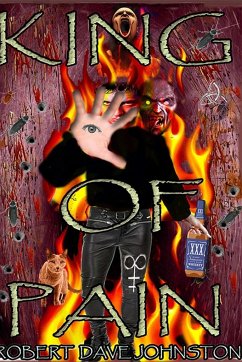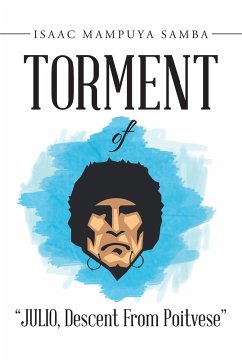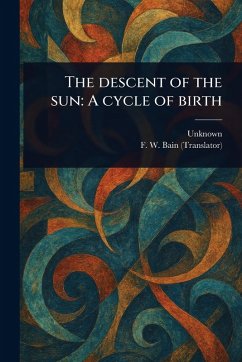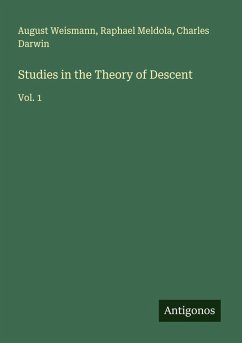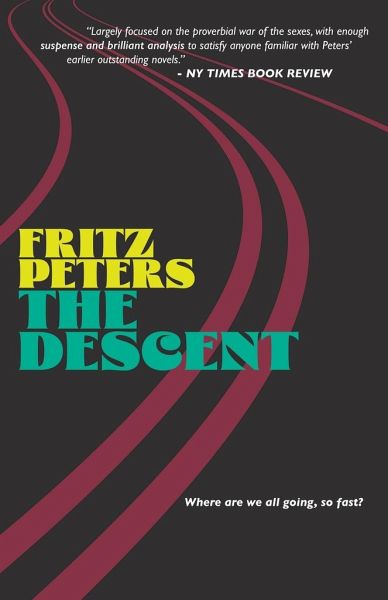
The Descent

PAYBACK Punkte
8 °P sammeln!
"Largely focused on the proverbial war of the sexes, with enough suspense and brilliant analysis to satisfy anyone familiar with Peters' earlier outstanding novels." - NY Times Book Review Set in the 1950s, The Descent asks the question, "Where are we all going, so fast?" when the fates of seven travelers converge at a hairpin turn on a New Mexico highway. In his most accessible and mainstream novel, Peters turns his observational prowess to the most unassuming of characters. He does a remarkable job of capturing the motivations of both male and female characters, the haphazard decisions made ...
"Largely focused on the proverbial war of the sexes, with enough suspense and brilliant analysis to satisfy anyone familiar with Peters' earlier outstanding novels." - NY Times Book Review Set in the 1950s, The Descent asks the question, "Where are we all going, so fast?" when the fates of seven travelers converge at a hairpin turn on a New Mexico highway. In his most accessible and mainstream novel, Peters turns his observational prowess to the most unassuming of characters. He does a remarkable job of capturing the motivations of both male and female characters, the haphazard decisions made by their unexamined selves, how they struggle to understand each other and coexist, and what territory can only be ceded in the gaps of understanding they encounter. What emerges is a striking representation of post-World War II United States, but the insights contained within are timeless. The Descent shows how catastrophe is a fact of life; that life is given to us on a silver platter, and what we do with it is up to us.








